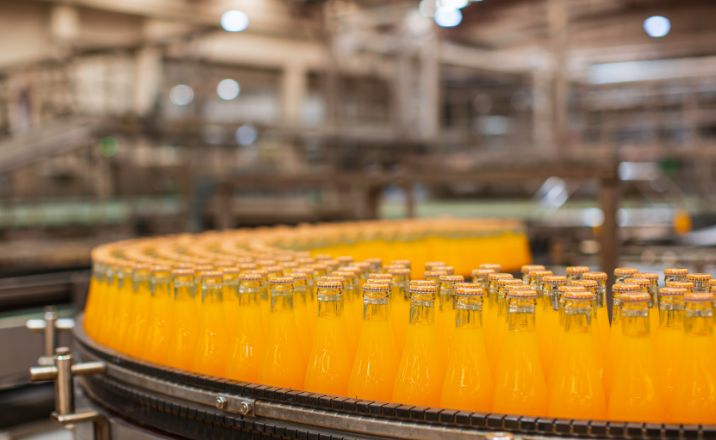FSSAI CEO Highlights Risks of Added Sugars, Pesticides & Microplastics in Food

G. Kamala Vardhana Rao, CEO of the Food Safety and Standards Authority of India (FSSAI), has raised serious concerns about food safety, urging Food Business Operators (FBOs) to take responsible steps in reducing added sugars, pesticide residues, and microplastics in food products.
Speaking at a joint event by CII FACE and FSSAI, Rao highlighted the growing health risks associated with excessive sugar consumption and artificial sweeteners, particularly in processed foods. He stressed the importance of formulating safer food products, especially for infants, pregnant women, and the elderly.
Concerns Over Food Contamination
Rao also addressed the urgent need to improve hygiene standards in meat and fish markets, particularly those run by street vendors. He called for strict self-regulation and compliance among food businesses, warning that non-compliance with food safety guidelines would result in regulatory actions.
Additionally, he raised concerns about microplastic contamination in packaged food products, urging manufacturers to switch to food-grade plastic packaging to protect public health.
Pesticide Residues in Agricultural Products
Another major issue highlighted was the presence of pesticide residues in tea, coffee, and spices. Rao emphasized FSSAI’s collaboration with the Ministries of Agriculture and Commerce to raise awareness among farmers, food producers, and state authorities. He suggested forming inter-ministerial committees in each state to tackle these food safety challenges effectively.
Strengthening Food Safety Measures
The event, held under the State Food Connect Initiative in Hyderabad, brought together over 400 stakeholders, including FBOs, fortified food manufacturers, licensing officials, and food safety officers. Sessions covered fortified rice production, capacity building for supplement manufacturers, and hands-on training for food lab officials.
After the event, Rao visited the street food hub at Hyderabad’s Necklace Road, where he inspected the mobile food testing unit, “Food Safety on Wheels.” He directed state authorities to conduct regular food quality inspections and educate street vendors on hygiene and food safety standards.
To further promote safe eating habits, Rao proposed setting up “model food streets” and launching food safety awareness programs in schools and colleges.
FSSAI remains committed to building a stronger food safety ecosystem, ensuring that food businesses follow ethical practices and consumers have access to safe, high-quality food products.






